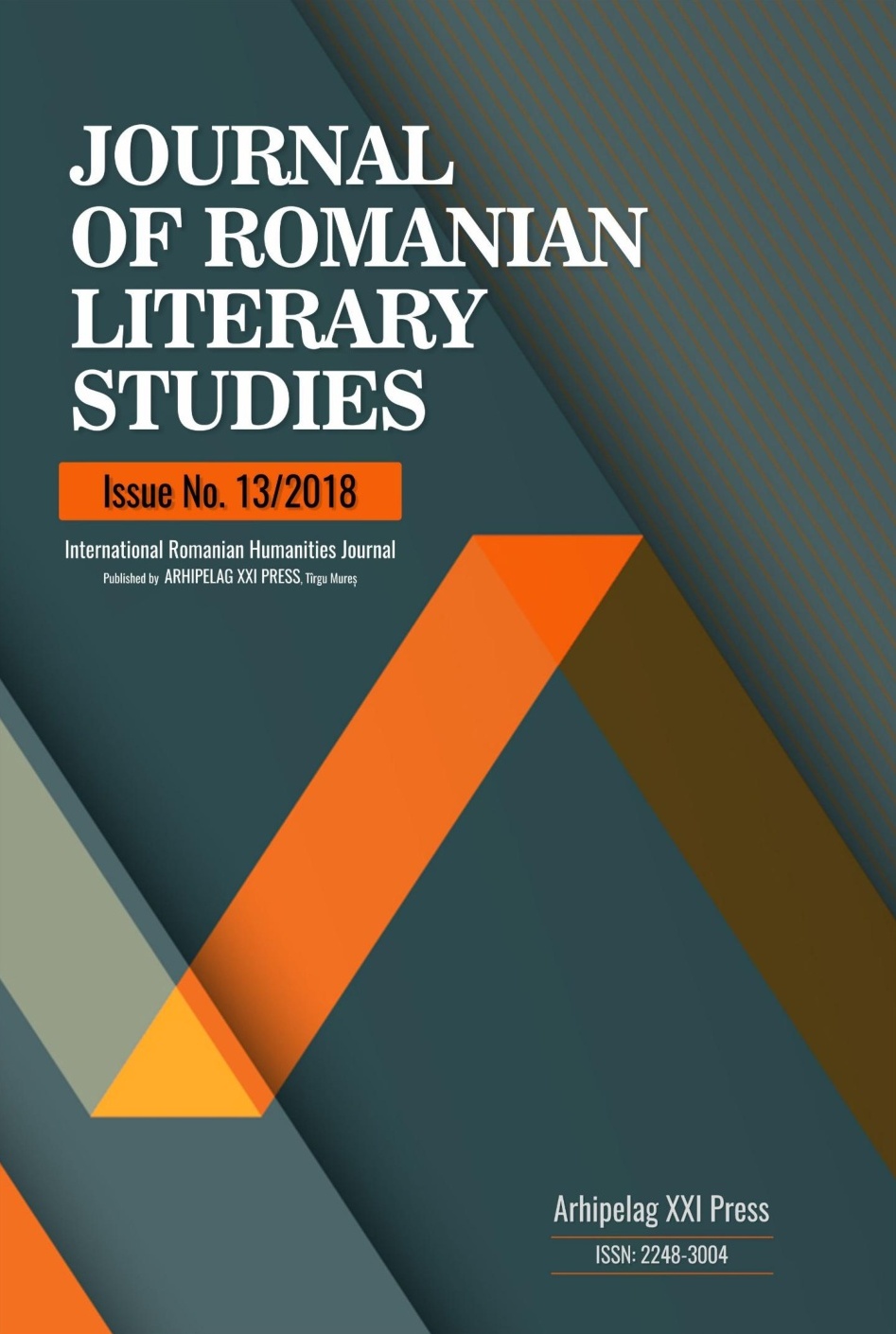THE SIGNIFICANCE OF IRONY IN THE NOVEL ‘SOME PEASANTS’ BY DINU SARARU
THE SIGNIFICANCE OF IRONY IN THE NOVEL ‘SOME PEASANTS’ BY DINU SARARU
Author(s): Maria Holhoș, Andra Gabriela HolhoşSubject(s): Theatre, Dance, Performing Arts, Semiotics / Semiology, Semantics, Romanian Literature, Theory of Literature
Published by: Editura Arhipelag XXI
Keywords: comical aspects; irony; subjectivity; stylistic mechanism; limits;
Summary/Abstract: Belonging to the literature about traditional village, the novel "Some Peasants" by Dinu Sararu deals with atopic typical of postwar rural environment, namely, forced collectivism done with the brutal involvement of political security services. The writer manages to give the events a symbolic meaning, proving himself to be a subtle and refined observer of the village, understanding with the same subtlety the significance of the peasants' phrases. Although the approached topic is extremely serious, the writer inserts comical aspects, the main tendency being that of irony. In this novel, irony frequently points out the discrepancy between reality and the ideal, sometimes it generates contrasts and in some cases it proves to be the mark of the author's subjectivity. As far as the construction technique is concerned, irony stays within the limits of the two coordinates: the mechanism involved in the construction of the global meaning of the work or the stylistic mechanism. The characters of this novel as far as irony is concerned, fall under a relationship of solidarity, connected by common feelings and awareness, a mark of shared laughter, complicity being involved, or a relationship of rivalry, in this case irony is excluded, ridiculing certain members of a group, a criterion specific to challenging. Irony is associated in this novel with other forms of the comic, thus getting the scornful laughter or the small thankful smile, proving the fact that irony can be multi-directional or sarcastic.
Journal: Journal of Romanian Literary Studies
- Issue Year: 2018
- Issue No: 13
- Page Range: 985-996
- Page Count: 12
- Language: Romanian

